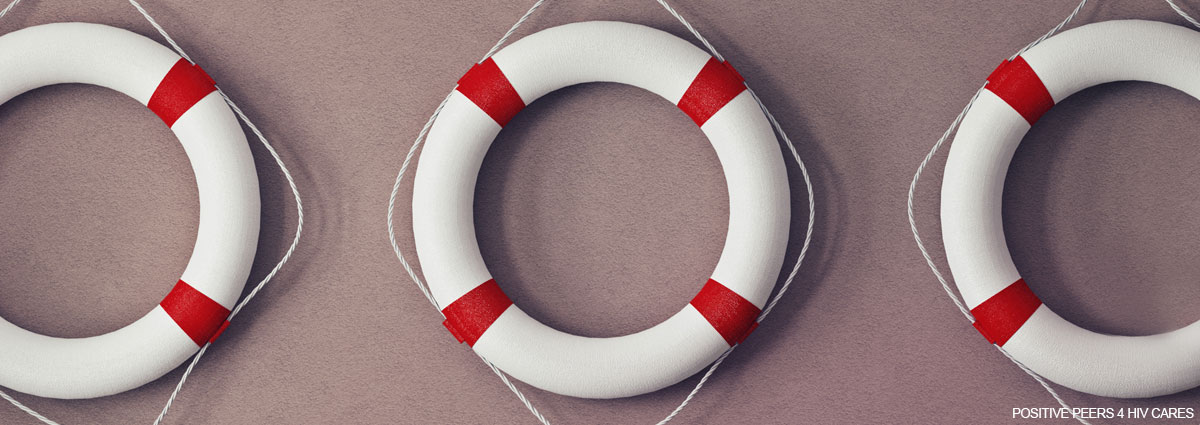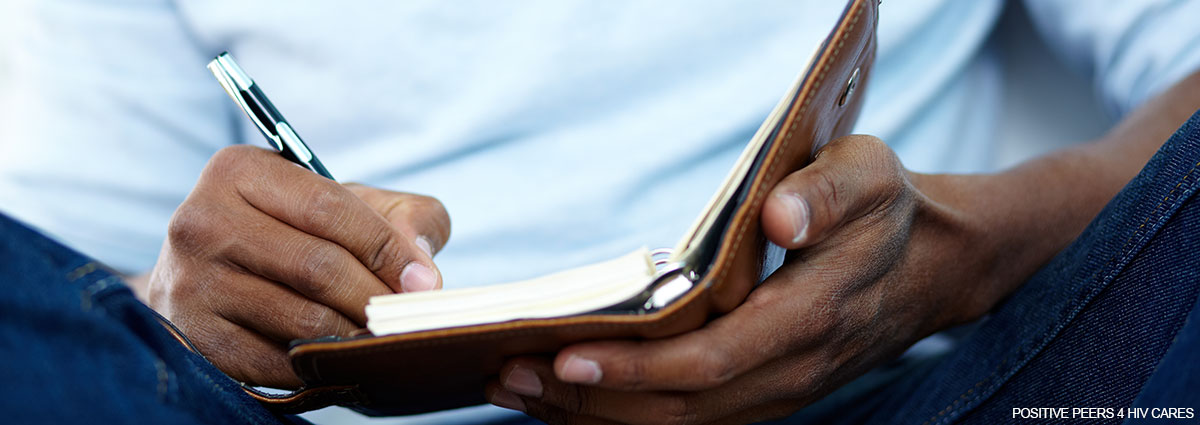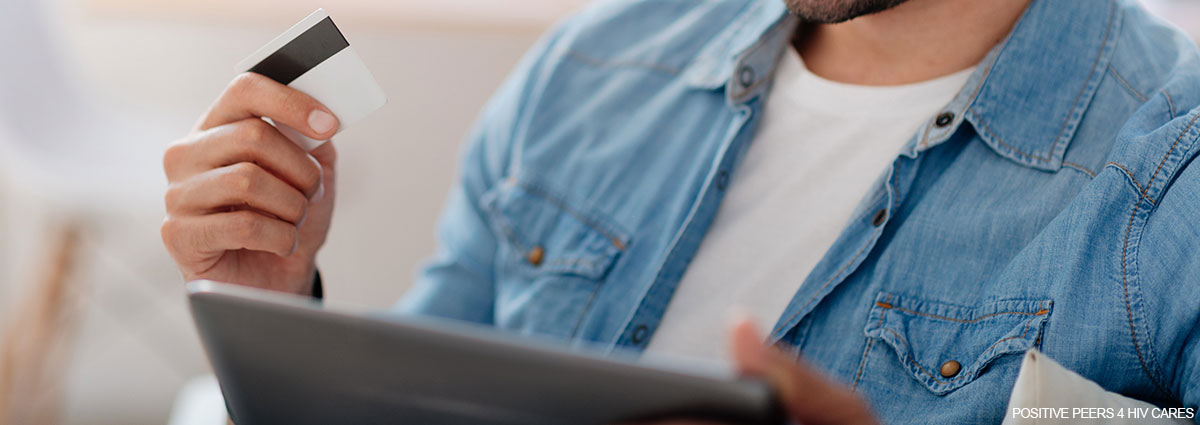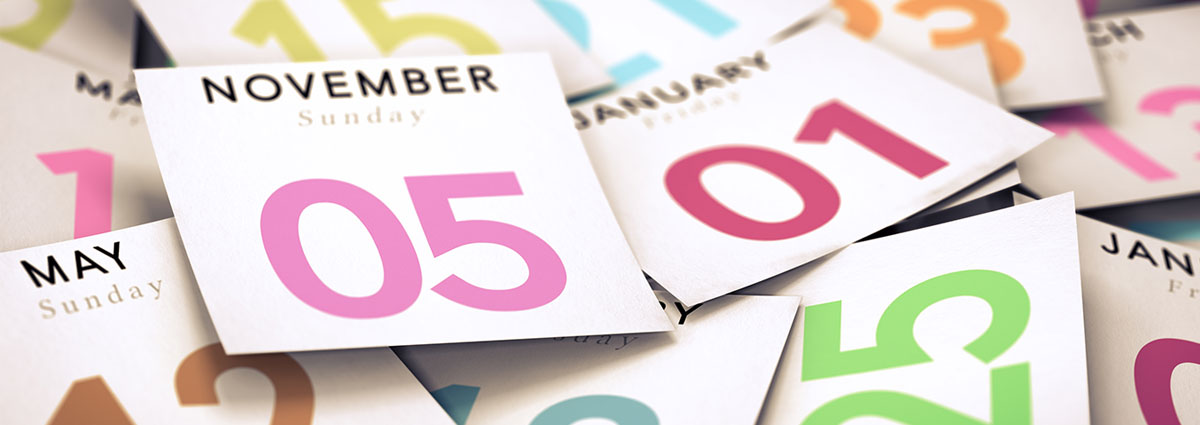
By: Ann K. Avery, MD, Infectious Disease Physician at MetroHealth Medical Center
The whole point of taking HIV medications is to keep you strong, healthy, and able to deal with the day-to-day stuff of life — jobs, rent, relationships, and all the rest.
What you don’t want is some kind of emergency messing with your ability to take your meds on schedule. Preparing for HIV emergencies is the best way to keep your life on track.
When you’re preparing for HIV emergencies, you need to think internal and external; that is, what’s happening inside your body and outside. Most internal emergencies are about side effects. External emergencies are anything outside the body that can cut off your med supply — it could be waiting out a blizzard or accidentally tossing your meds out with the trash. Let’s look at each of these separately.

Preparing for internal HIV emergencies
Anti-retroviral medicines are usually well-tolerated by most people, but sometimes, they can have some side effects. If you experience any, they are likely to be annoying but temporary. In rare cases though, they can be major enough to require immediate medical attention. Here’s one way we recommend preparing for these kinds of emergencies:
Create a list with important numbers
- Your doctor’s and nurse’s phone numbers.
- All the medicines you’re taking — not just your HIV meds.
- Your health insurance information.
This information is super helpful to know, but difficult to remember in a pinch. That’s why lists are useful: they help keep you organized and prepared. However, lists aren’t for everyone, especially if you’re a private person and don’t want something that screams “I have HIV” taped to your mirror or refrigerator.
Luckily, it’s 2017, and we have other ways to remember things! For example, you can use the notes app on your phone, you can save it as a Word file on your computer, and/or you can add all these people to your contacts!
If you’re in care at MetroHealth and you have our app, Positive Peers, then most of the contact information you need is right there at your fingers. Check it out under “Community Resources.”
Come join our private, stigma-free, supportive community.
Health management tools with medication & appointment reminders.
Social networking in a community conversation & private chats.
Preparing for (and avoiding) external HIV emergencies
OK, so what’s left?
Well, think about how you could become separated from your HIV meds. How could that happen? Just a few possibilities:
- They get lost, stolen, or accidentally destroyed.
- Eighteen inches of snow traps you in one part of town while your meds are at your house on the other side of town.
- You forget to order your refill in time…at least 10 days before you run out is good!
- Something comes up with your insurance and you can’t get your meds right away.
Some of these things can be avoided by being making sure you always renew your insurance, talk to your doctor to make sure prior authorizations aren’t needed, or by making sure to order a refill of your meds when you have at least 10 days worth of pills left.
Even if you do all these things though, stuff can still happen. So let’s say it does…now what? It might be a good idea to have a plan prepared that includes:
- The phone numbers of your pharmacist, insurance, social worker, and doctor.
- A list of all the meds you’re taking.
- Your insurance information and number.
- Some reminders on your phone for when you need to call for refills and how to do it.
Other emergency pro-tips:
Most prescription insurance plans will allow a one-time replacement of a refill of medications. Ask about it when you call your pharmacy after you do something unfortunate, like accidentally leave your meds on the bus. Even if it isn’t time for your refill, they’ll usually make an exception just once.
Apps, like MetroHealth’s MyChart, allows you to send your doctor a message or request a refill right from your phone, tablet, or computer. Ask about it next time you’re at the clinic. It’s easy and FREE.
The bottom line is…
Taking these little steps today can help prevent a real headache in the future. We know we preach again and again about how important it is to stay on your meds and take them as prescribed, but we also know that life happens and sometimes things will come up. It’s okay, you’ll be just fine, you’re a fighter! While you can't stop the crazy from happening — you can plan ahead to keep it from driving you crazy.
Related Blogs:



